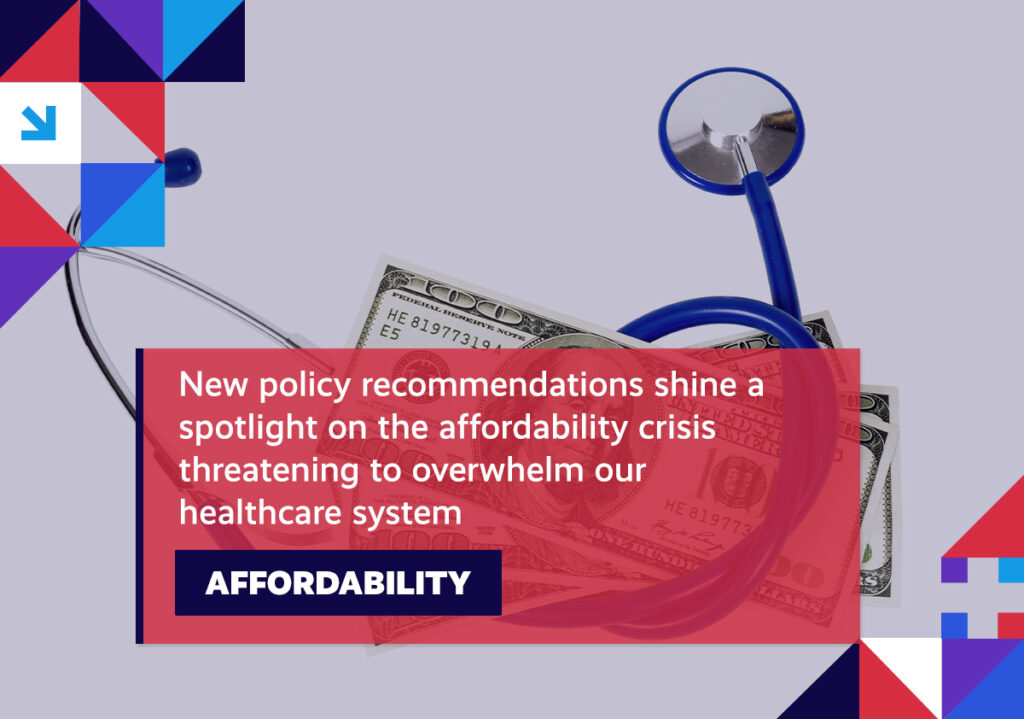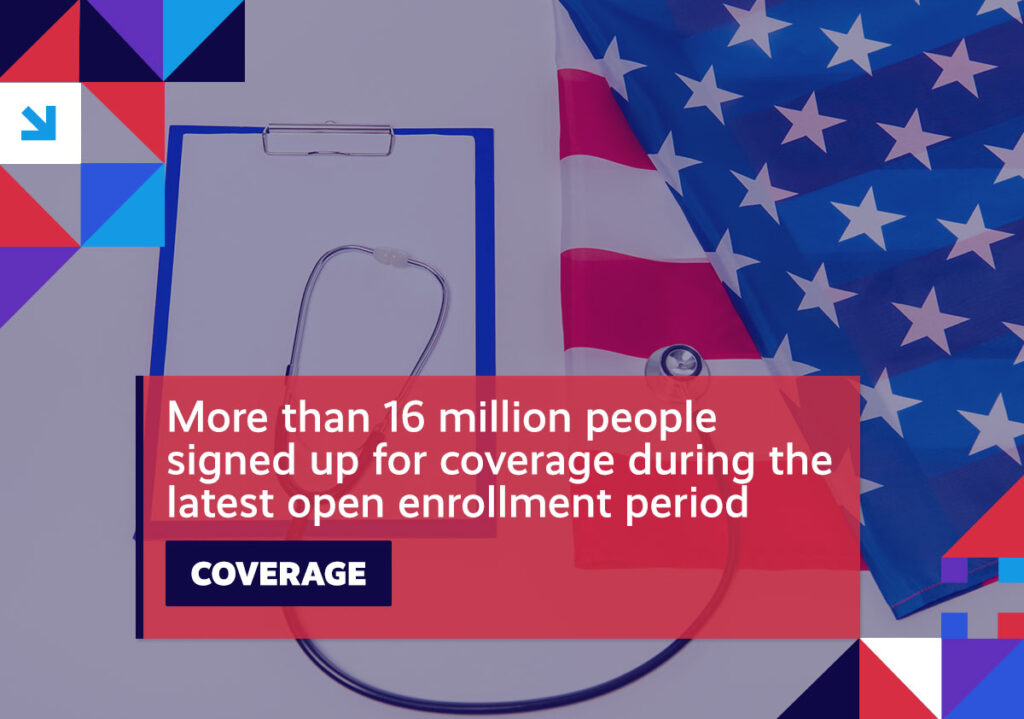A quick roundup of the issues driving the healthcare reform conversation.
Item of the Week

Week in Review
MEDICARE ADVANTAGE A new study details the impact of proposed Medicare Advantage cuts on millions of American seniors and individuals with disabilities.
Quick takeaway: Proposed cuts to the Medicare Advantage (MA) program could reduce benefits by $540 per beneficiary next year.
Further context: As highlighted last week, the Centers for Medicare & Medicaid Services (CMS) recently proposed changes to the underlying funding structure for MA, which, when combined with other policy changes, would amount to increased premiums and out-of-pocket costs for more than 30 million American seniors and people with disabilities enrolled in the program. These changes would also lead to a reduction in benefits and limit choice, as MA plans withdraw from markets.
What it means: According to the independent analysis performed by Avalere Health, CMS’ proposed changes to MA could reduce spending in the program by 29 percent per beneficiary. With nearly half of all Medicare-eligible seniors enrolled in MA plans, these cuts threaten the access to the kind of coordinated care that has distinguished MA from traditional Fee-for-Service (FFS) Medicare.

Rx VALUE The majority of highly-advertised drugs have little therapeutic value.
Quick takeaway: Fewer than one-third of prescription drugs heavily advertised in this country are considered to be highly rated first-line therapies according to a recently published study in JAMA Network Open.
Further context: Between 1997 and 2016, direct-to-consumer drug advertising increased by nearly 5 times, with television advertisements accounting for roughly two-thirds of that spending. This kind of direct advertising is associated with use of higher-cost drugs over generics and less expensive alternatives.
What it means: Researchers point to their findings – along with other studies – as evidence that pharmaceutical companies focus their advertising campaigns on expensive, brand-name drugs that have little to no comparative value to other, less expensive alternatives.

PRIVATE EQUITY STAFFING Doctors are disappearing from private equity-owned emergency rooms.
Quick takeaway: A new staffing strategy is permeating hospitals across the country – particularly emergency rooms – as health systems seek to reduce their top expense: Physician labor.
Specifically, doctors are increasingly being replaced in private equity-owned facilities by nurse practitioners and physician assistants, collectively known as “midlevel practitioners.”
Further context: As covered in last week’s Health Action Network newsletter, private equity investments are dramatically reshaping the workforce composition at physician practices, too, where these midlevel practitioners are also replacing doctors.
What it means: Critics of this strategy argue that private equity’s focus on cutting costs and maximizing profits results in treatment being delivered by someone with far less training than a physician, leaving patients vulnerable to higher medical bills, misdiagnoses, and inadequate care. In fact, one study found that treatment delivered by nurse practitioners resulted in:
- A 7 percent increase to the cost of care
- An 11 percent increase in length of stay
- A 20 percent increase in the likelihood of readmission
HOSPITAL CONSOLIDATION Coming off a slow couple of years, hospital M&A looks poised to bounce back in 2023.
Quick takeaway: While the pace of hospital mergers and acquisitions (M&A) slowed down in the immediate aftermath of the coronavirus pandemic, these deals picked up steam again last year, as larger health systems found themselves flush with COVID relief aid and immediately proceeded to snatch up smaller competitors struggling to stay afloat.
Further context: Analysts now predict that that momentum will carry into 2023, eclipsing the amount of activity seen last year, leading to calls for increased oversight.
What it means: Unfortunately for consumers, as studies have shown, with consolidation comes increased prices and poorer health outcomes.

Spotlight

| You can keep up with the latest by following the Health Action Network on Twitter and by liking us on Facebook. And, be sure to check us out on LinkedIn, too. As always, let us know if there’s something you’d like to see covered in a future newsletter. |
